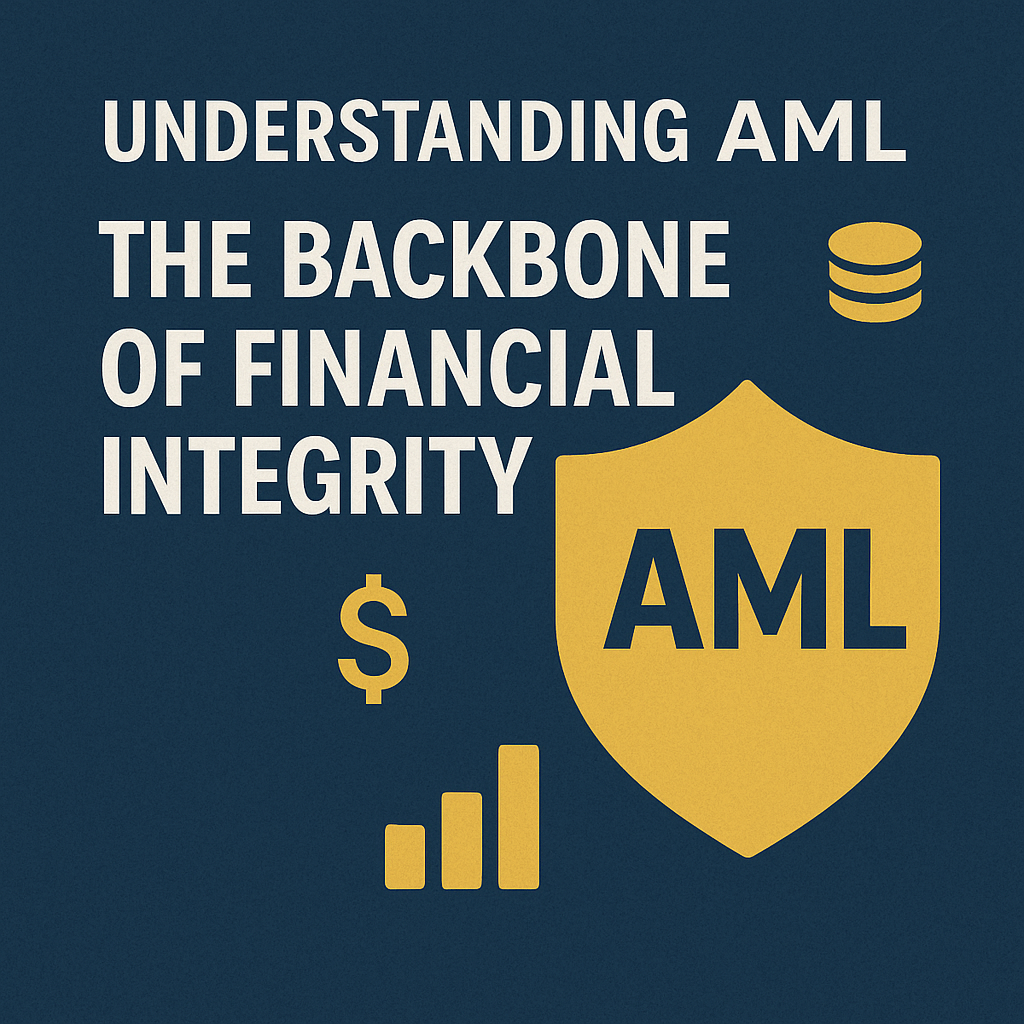
Anti-Money Laundering (AML) is a crucial component of the global financial system, ensuring that money laundering activities are identified and prevented. As financial transactions become increasingly complex and global in nature, the significance of AML regulations grows. In this article, we will explore the fundamentals of AML, its importance, typical measures, and the future of AML compliance.
What is AML?
AML refers to the laws, regulations, and procedures designed to prevent criminals from disguising illegally obtained funds as legitimate income. This is achieved through a comprehensive framework of practices aimed at identifying and reporting suspicious activities.
Importance of AML Regulations
The importance of AML extends beyond the financial sector. For governments and regulatory bodies, effective AML measures are essential for maintaining public confidence in the financial system and protecting national security. Moreover, AML regulations help combat various forms of financial crime, including drug trafficking, terrorism financing, and fraud.
Key Components of AML Programs
1. Customer Due Diligence (CDD)
CDD is the cornerstone of AML efforts. Financial institutions must gather essential information about their clients to assess their risk levels. This includes verifying identities and understanding the nature of their financial activities.
2. Transaction Monitoring
Financial organizations continuously monitor transactions to identify unusual patterns. Automated systems analyze data across numerous factors, raising alerts for further investigation.
3. Reporting Suspicious Activity
When suspicious activities are detected, financial institutions must report these to the relevant authorities, usually in the form of Suspicious Activity Reports (SARs). Prompt reporting is vital for initiating investigations.
4. Training and Culture
Establishing a culture of compliance within organizations ensures that employees are aware of AML policies and their responsibilities in detecting and preventing money laundering.
The Global AML Framework
AML regulations can vary by jurisdiction, but international bodies such as the Financial Action Task Force (FATF) provide a framework that countries are encouraged to follow. This ensures a unified approach to combating money laundering globally.
Related Searches
- Money laundering prevention strategies
- Regulatory bodies for AML compliance
- Importance of Know Your Customer (KYC) in AML
- Recent AML trends and challenges
FAQ Section
What are the consequences of non-compliance with AML regulations?
Non-compliance can result in severe penalties, including hefty fines, legal repercussions, and reputational damage.
How often should AML training be conducted?
Regular training is essential, typically conducted annually, to keep employees updated on current regulations and practices.
What role does technology play in AML?
Technology enables more efficient monitoring and analysis of transactions, helping institutions identify suspicious activities faster.
Interview: Expert Insights on AML
Interviewer: Can you explain the greatest challenges faced in AML today?
Expert: One of the significant challenges is the rapid evolution of financial technologies. As more transactions move online, adapting AML frameworks to address these innovations is crucial. Moreover, ensuring compliance in cross-border transactions presents a constant testing ground for existing regulations.
Interviewer: How do you see AML regulations evolving in the future?
Expert: I believe we will see a stronger emphasis on collaborative efforts between nations and greater reliance on artificial intelligence to enhance monitoring. Additionally, regulatory frameworks will continue to tighten, especially in areas like cryptocurrency.
Conclusion
Understanding Anti-Money Laundering is vital for any stakeholder in the financial sector. As financial crimes become more sophisticated, so too must our approaches to combating them. By investing in effective AML programs and fostering a culture of compliance, institutions can help protect both their reputations and the integrity of the global financial system.
#Understanding #AML #Backbone #Financial #Integrity


